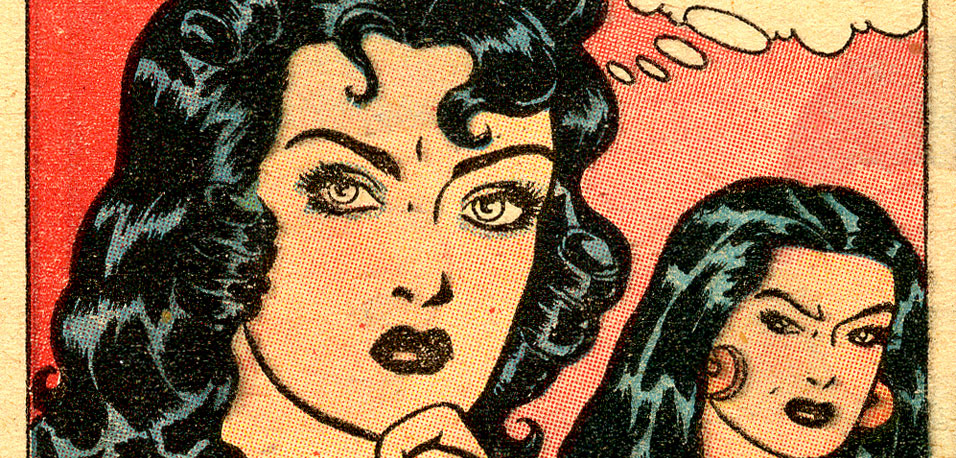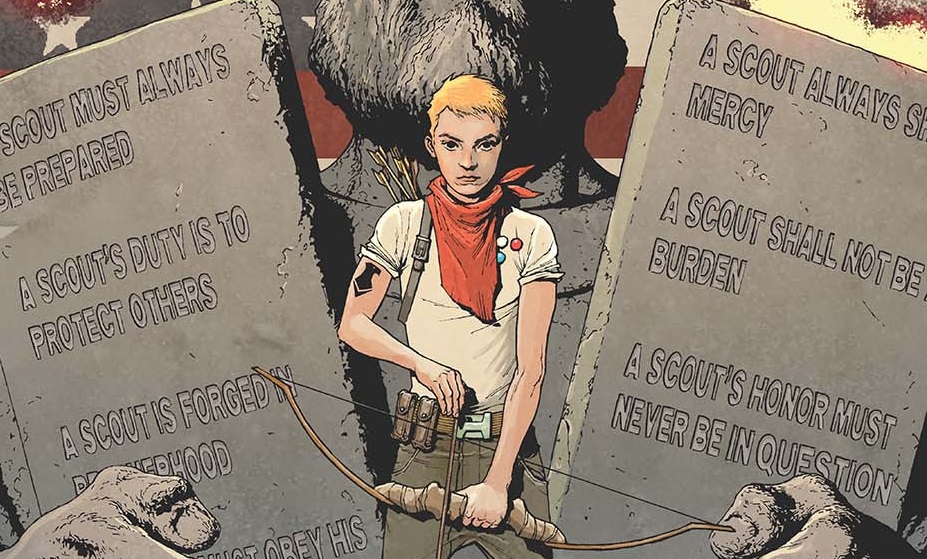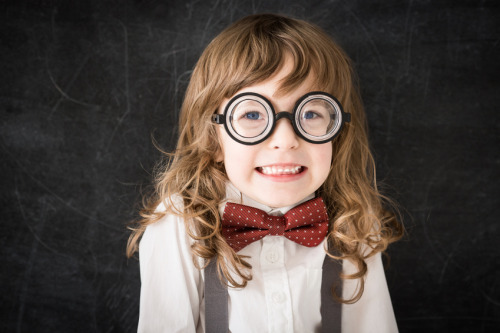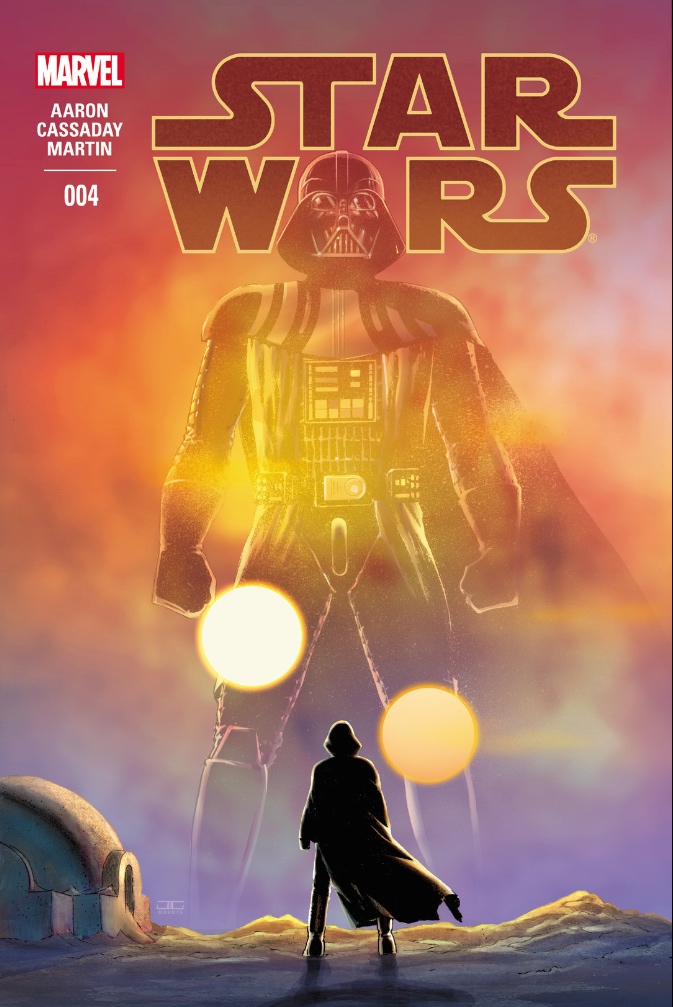Three and a half weeks from my due date and last minute preparations have begun. Lots of laundry, re-organizing, filling out paperwork, birth plan, meetings and doctor appointments every few days. Having a baby is a lot of work and I haven’t even had the baby yet! I’ve been on maternity leave from my management job for a full week now, but I’ve ‘stopped in’ to work on at least 3 days, talk to work on a regular basis and have spent way less time at home than I expected. I’m not complaining, I’m just whining. Hehe. Every now and then I google ‘dwarf assistant services’, but no luck. Hey, Snow White had 7 hearty little minions to do her bidding, why can’t I?
This week I’d like to touch on the subject of exposing children to violence, horror, monsters and scary things. Mr. Megan and I are both huge horror fans, whether it be in movies, books, comics or cartoons. Our walls are decorated with comic book art, much of it morbid, creepy, zombie related stuff, so it’s unavoidable that our little guy will be exposed to these images at a young age. Well, I suppose it is avoidable; I could remove it all to prevent him from seeing it. But will hiding spooky images from my baby help him or hurt him? If he’s accustomed to images of that sort early on, wouldn’t that lessen the chances that he’s actually scared by them? Does exposing your baby to violent or scary images desensitize them to the point that they lose a healthy sense of fear and perhaps even develop violent tendencies as a result? We did remove the Hellraiser poster from the nursery and dedicated it to our own bedroom, isn’t that enough?

Do a quick online search on this topic and you’ll find all levels of different ideas and opinions, many very far to the extreme on one side or the other. Writer Amber Dorko Stopper takes an interesting approach to the subject by attaching the importance of allowing kids access to scary tales as cultural folklore. She feels that by opening them up to the variations of folklore across cultures not only instills a healthy understanding of reality vs imagination but also blurs lines between cultural differences rather than highlighting them. Granted, she is the mother of two adopted children from foreign countries, so the exposure to cultures outside of the US is even more important in her family, but I think all of us probably share a want to teach our children acceptance and understanding of families and beliefs that are different from our own, right?

On the other side of the spectrum you have this elementary school teacher who feels so strongly that allowing young kids to see violence in entertainment is so dangerous that she asks if you could even consider it abuse. She claims that viewing violence in films, cartoons and other forms of media can cause things like sleep disorders, phobias and even PTSD. She states that to really understand the kinds of effects violent media can have on a child, you must understand the stages of development and how they interpret information during those stages. For example: ” Young children (ages range from 3-6, depending on child) are extremely literal. They are often unable to differentiate from fact vs fiction, and accept everything at face value.” I do find it interesting that she begins her column by explaining that 14 of her 18 students (ages 6-7) were familiar with the Friday the 13th films, but she does not say whether the large majority of her class are damaged by having seen the movies at such a young age.
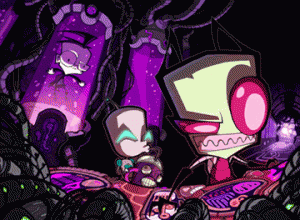
Just to throw in a little anecdotal evidence here, I grew up watching horror films from a young age. My dad loved them, my mom hated them, so it also became a special time that I was able to bond with my dad and watching those movies is still a very happy memory that I share with him. I think most kids in my generation started watching classic Looney Tunes very young, which although they are animated, cute characters, were quite violent. Wile E. Coyote vs Roadrunner, Elmer Fudd vs Bugs Bunny, Tom & Jerry? I’ve talked to lots of people who say they were exposed to scary stuff as a kid and had nightmares because of it, now choosing, as an adult, to avoid violence in media. Then, I’ve talked to just as many who claim they had no issues watching violence as a kid and don’t feel they have any lingering effects because of it, myself included in this group.
As in most things, I feel like Mr. Megan and I fall somewhere in the middle on this subject. Obviously, we would love to share our admiration and enjoyment of horror movies and scary stories with our son one day, but the age at which we begin to share it and at what levels should depend largely on his own reactions and feelings towards it. Of course, we can’t know how he’ll feel about it until we try, but I also believe, like exposure to technology, it’s not so much about the material as it is how much you interact with your child in the process. I do think it’s healthy for kids to know that violence exists, but it’s as important that they know when it’s not real and that they are largely protected from it. I think if you watch a violent show, cartoon, movie or play a game and take the time to explain to your child that it’s all ‘make believe’ and are observant enough to pay attention to how they are being affected by it, you can make an intelligent assessment as to whether your child can handle more of that material or if they should be spared it.

Do you watch horror movies or allow your kids to see violent cartoons? Do you feel that your own personal exposure at a young age affected you in any way, positively or negatively? I’d love to hear your opinions on this issue. And again, thanks so much for reading!
*If you’d like to discuss anything I write about here you can also join in the forum HERE*


